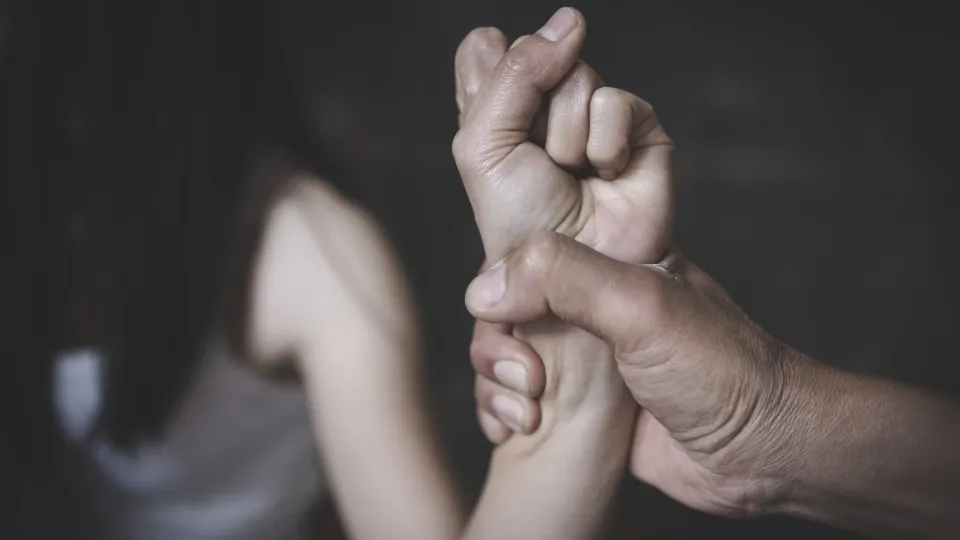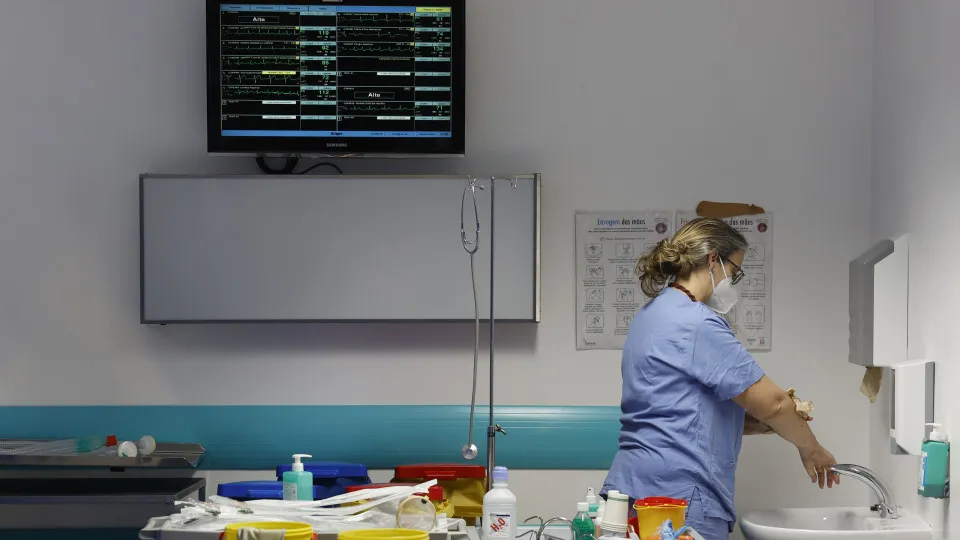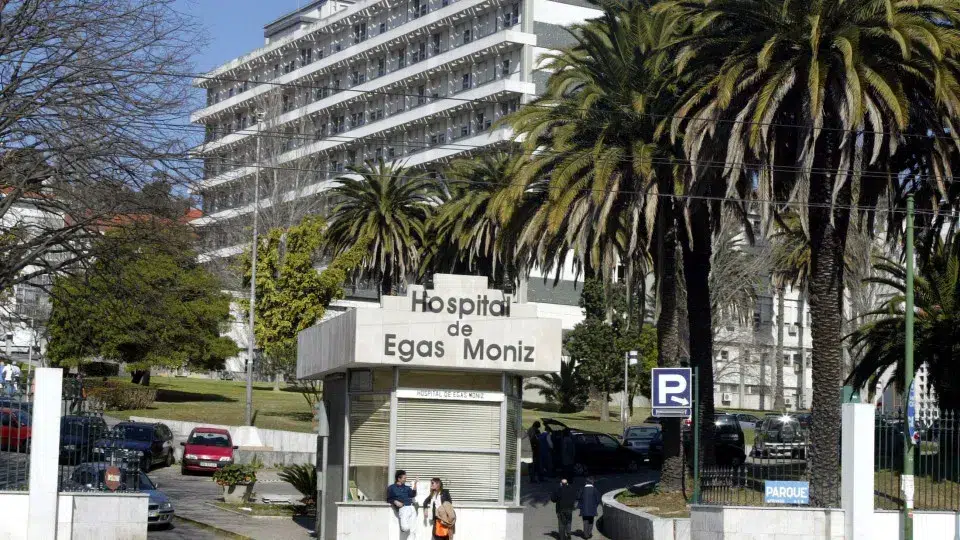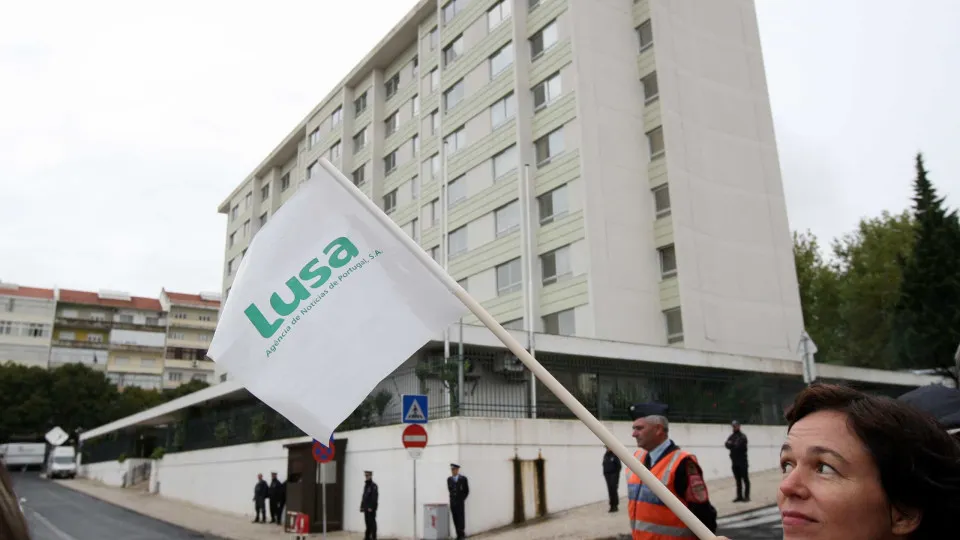
“Violence is not only physical – it can be verbal, emotional, or even online”. This warning was issued on Saturday, October 11, through a social media post by the Directorate-General for Health (DGS) — which also provided guidance on “how to identify the signs” and tips for protection.
The DGS post reminds that there are four types of violence: physical, verbal/psychological, online/digital, and sexual.
Physical violence occurs “when someone hits, pushes, pulls hair, or injures using force,” while verbal/psychological violence happens through “words or actions that hurt, insults, humiliation, threats, or isolating someone.”
In contrast, online/digital violence occurs through “mocking or threatening messages, spreading rumors, sharing photos or videos without permission.” Finally, sexual violence, the DGS emphasizes, happens “when someone forces or pressures to do something sexual without consent.”
What are the warning signs? And what ‘tips’ for protection?
In the publication, the Directorate-General for Health also identifies five “warning signs” — which may be exhibited by the victim — to watch for. They are:
- “Distancing from friends, feeling low or lacking confidence;
- Avoiding certain places;
- Constant fear, always on edge;
- Changing habits, routines, and behaviors;
- Inability to concentrate”.
In addition — but especially for the younger audience — the authority also stresses some fundamental tips for protection.
Thus, one should: “talk to someone you trust,” “recognize unfair behaviors,” “set boundaries,” and “learn to identify different forms of violence/aggression.”
Violence is not only physical – it can be verbal, emotional, or even online.
Identifying the signs and types of violence is the first step to protecting and helping those around us, even in school age.Share and don’t be afraid to ask for help. #DGS pic.twitter.com/MSTj1tcpth
— DGS (@DGSaude) October 11, 2025
———-
Domestic violence is a public crime and reporting it is a collective responsibility. If you need help or are aware of any situation of domestic violence, get involved:
Do you believe you might be a victim of any type of violence, in dating or at home?
AMCV – Association of Women Against Violence – 213 802 165
APAV – Portuguese Association for Victim Support – 116 006 (08h to 23h, weekdays)
Email of the CIG – Commission for Citizenship and Gender Equality – vi*******@*****ov.pt




